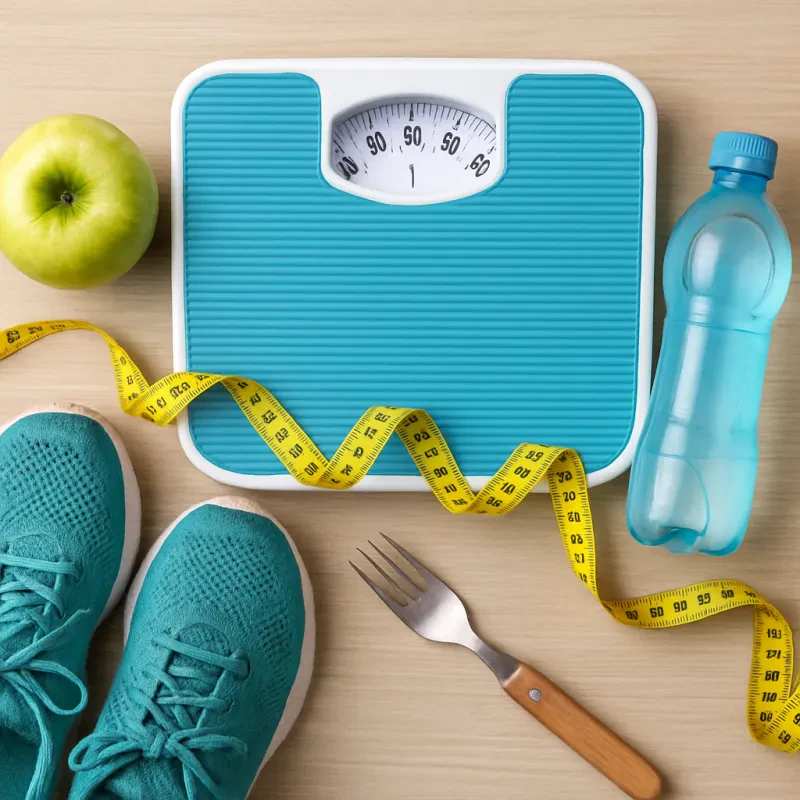Nutrition plays a crucial role in our overall health and well-being. By exploring the power of nutrition, we can unlock a multitude of benefits that come from changing your diet. When we focus on what we eat, we can boost our energy levels, improve our mood, and enhance our overall quality of life. Simple changes can make a big difference!
One of the most significant impacts of changing your diet is on your physical health. Foods rich in vitamins, minerals, and antioxidants support our immune system and help prevent chronic diseases. By incorporating more fruits, vegetables, whole grains, and lean proteins into our daily meals, we fuel our bodies with the nutrients they need to thrive. This not only helps us feel better physically but also provides us with the stamina to tackle our daily activities with enthusiasm.
Changing your diet can also transform your mental health. Certain foods can influence our brain chemistry, leading to improvements in mood and cognitive function. For example, omega-3 fatty acids found in fish are known to support brain health and can help reduce symptoms of depression. By making mindful food choices, we can cultivate a positive mindset and enhance our emotional resilience.
Moreover, the act of changing your diet can be a journey of self-discovery. As we learn more about nutrition, we gain a deeper understanding of how our food choices affect our body and mind. This empowers us to create meals that not only nourish us but also bring joy and satisfaction. When we embrace this journey, we can foster a healthier relationship with food and ourselves.
Easy Steps to Healthier Eating
Making changes to your eating habits can be simple and rewarding. If you're considering changing your diet, here are some easy steps to get you started on the path to healthier eating. The key is to make gradual changes that fit into your lifestyle without feeling overwhelmed.
First, start by incorporating more fruits and vegetables into your meals. Aim for a variety of colors on your plate. This not only makes your meals more visually appealing but also ensures you get a range of nutrients. You can easily add a side salad to your lunch or snack on carrot sticks and hummus. Small changes like these will make a big difference over time.
Another step in changing your diet is to cut back on processed foods. Instead of reaching for chips or sugary snacks, try swapping them for nuts, yogurt, or fresh fruit. This not only helps to reduce empty calories, but it also provides your body with the energy it needs. Focus on whole foods that are as close to their natural state as possible.
Lastly, don't forget to hydrate! Drinking enough water is crucial for your overall health and can help curb unnecessary snacking. Keep a water bottle handy throughout the day to remind yourself to drink up. By making these easy adjustments, you'll find yourself on a healthier eating journey that is both enjoyable and sustainable.
Meal Planning for Success
Meal planning is a crucial step in the journey of changing your diet. By preparing your meals in advance, you set yourself up for success and eliminate the stress of last-minute decision-making. A well-structured meal plan can help you consume a variety of nutrients while staying within your calorie goals. It's not just about knowing what to eat; it's about having a plan that works for your lifestyle.
To start, begin by choosing a day each week to plan your meals. This will help you create a routine. Consider your schedule and choose recipes that fit well with your daily activities. Aim for a balance of proteins, healthy fats, and carbohydrates. Including a colorful array of fruits and vegetables ensures you get essential vitamins and minerals while keeping your meals exciting.
Once you've planned your meals, create a shopping list based on the ingredients you need. This not only saves time in the grocery store but also helps you avoid impulse buys that can derail your diet. Having everything you need on hand makes it easier to stick to your meal plan and supports your goal of changing your diet effectively.
Don't forget to prep your meals! Dedicate some time to wash, chop, and cook meals in bulk. This way, you can grab and go during busy days, making it less likely that you’ll resort to unhealthy options. Quick and easy meals can be just as nutritious and delicious, and when they're ready to eat, you'll find it easier to stay committed to changing your diet.  Long-Term Benefits of a Balanced Diet
Long-Term Benefits of a Balanced Diet
When it comes to transforming your life, one of the most effective ways is by changing your diet. A balanced diet is not just about losing weight; it's about fueling your body with the right nutrients to function at its best. Over time, adopting healthy eating habits can lead to profound long-term benefits that can enhance your overall quality of life.
One of the most significant long-term benefits of a balanced diet is improved physical health. Consuming a variety of foods, including fruits, vegetables, whole grains, and lean proteins, helps to strengthen your immune system. This means fewer illnesses and a greater ability to fend off diseases. Additionally, a balanced diet can help maintain a healthy weight, reducing the risk of chronic conditions such as heart disease, diabetes, and high blood pressure.
Beyond physical health, changing your diet can have a positive impact on your mental well-being. Nutrient-rich foods are crucial for brain health. They can enhance cognitive functions like memory and concentration, making you feel sharper and more focused. Certain foods, such as fatty fish and nuts, are rich in omega-3 fatty acids, known for their mood-stabilizing properties. Therefore, a balanced diet not only nourishes your body but also boosts your mood and mental clarity.
Another long-term advantage of eating a balanced diet is improved energy levels. When you provide your body with the nutrients it needs, you’ll notice a significant increase in your overall energy. This means you'll be more active and less prone to fatigue. A consistent intake of energy-boosting foods can help you maintain stamina throughout your daily activities, allowing you to engage in more physical pursuits and enjoy life to the fullest.
Incorporating a balanced diet into your daily routine plays a pivotal role in shaping a healthy lifestyle. As you experience the benefits of changing your diet, you may find that you approach other aspects of your life with more positivity and enthusiasm. Making healthier food choices today can lead to a brighter, more vibrant tomorrow.



